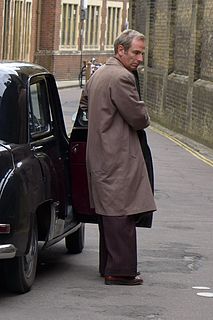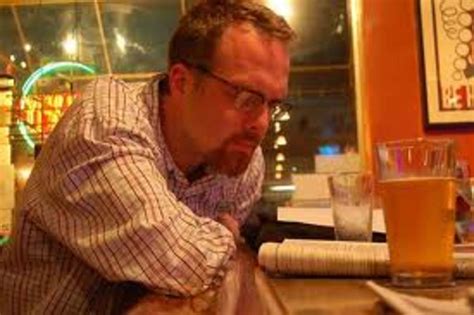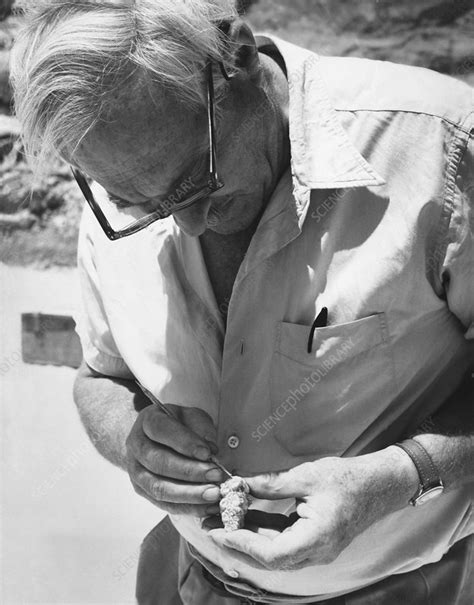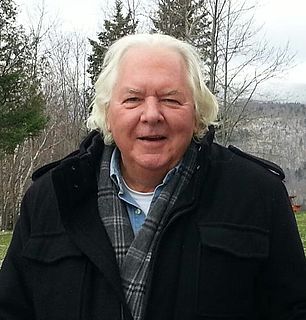A Quote by David Abram
Entranced by the denotative power of words to define, to order, to represent the things around us, weve overlooked the songful dimension of language so obvious to our oral [storytelling] ancestors. Weve lost our ear for the music of language -- for the rhythmic, melodic layer of speech by which earthly things overhear us.
Related Quotes
Music. – There is something very wonderful in music. Words are wonderful enough: but music is even more wonderful. It speaks not to our thoughts as words do: it speaks straight to our hearts and spirits, to the very core and root of our souls. Music soothes us, stirs us up; it puts noble feelings into us; it melts us to tears, we know not how: – it is a language by itself, just as perfect, in its way, as speech, as words; just as divine, just as blessed.
I believe in fiction and the power of stories because that way we speak in tongues. We are not silenced. All of us, when in deep trauma, find we hesitate, we stammer; there are long pauses in our speech. The thing is stuck. We get our language back through the language of others. We can turn to the poem. We can open the book. Somebody has been there for us and deep-dived the words.
Writing engenders in us certain attitudes toward language. It encourages us to take words for granted. Writing has enabled us to store vast quantities of words indefinitely. This is advantageous on the one hand but dangerous on the other. The result is that we have developed a kind of false security where language is concerned, and our sensitivity to language has deteriorated. And we have become in proportion insensitive to silence.
When we form heart-centered beliefs within our bodies, in the language of physics we're creating the electrical and magnetic expression of them as waves of energy, which aren't confined to our hearts or limited by the physical barrier of our skin and bones. So clearly we're speaking to the world around us in each moment of every day through a language that has no words: the belief-waves of our hearts.
Language both reflects and shapes society. Culture shapes language and then language shapes culture. Little wonder that the words we use to talk to each other, and about each other, are the most important words in our language: they tell us who I am, they tell us who you are, they tell us who 'they' are.
Music can move us to the heights or depths of emotion. It can persuade us to buy something, or remind us of our first date. It can lift us out of depression when nothing else can. It can get us dancing to its beat. But the power of music goes much, much further. Indeed, music occupies more areas of our brain than language does-humans are a musical species.
It has not been definitively proved that the language of words is the best possible language. And it seems that on the stage, which is above all a space to fill and a place where something happens, the language of words may have to give way before a language of signs whose objective aspect is the one that has the most immediate impact upon us.
We live in a world filled with language. Language imparts identity, meaning, and perspective to our human community. Writers are either polluters or part of the clean-up team. Just as the language of power and greed has the potential to destroy us, the language of reason and empathy has the power to save us. Writers can inspire a kinder, fairer, more beautiful world, or invite selfishness, stereotyping, and violence. Writers can unite people or divide them.
Our ancestors are looking for us even if we're not looking for them. And by our ancestors I mean our bloodlines and the ancestors of the place where we live and our spiritual kin who go beyond our biological families. We could be walking around carrying an entire ancestral history of the wrong kind for us.









































